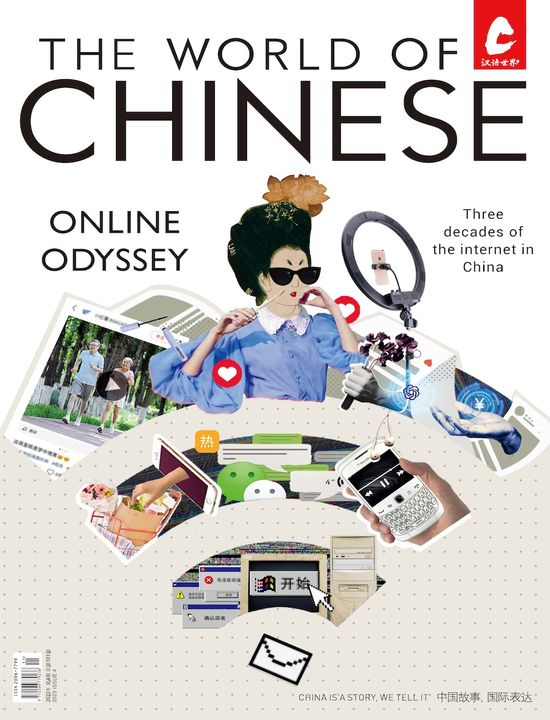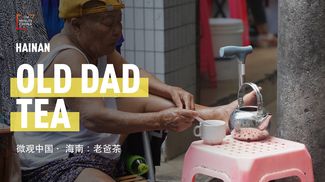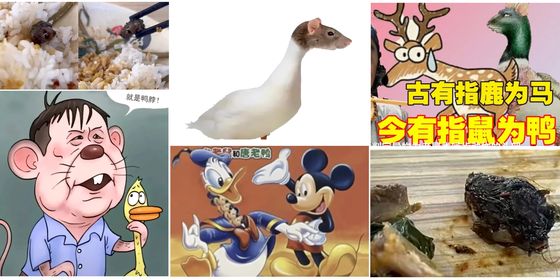How Chinese netizens use their imaginary friends to hide their embarrassment
It seems Chinese all over social media have strange friends with embarrassing ailments, terrible love lives, awkward interactions—all of them desperate for advice from strangers without apparently being able to ask for themselves. But just like in English, when one tries to mask a request for advice with the phrase “asking for a friend,” many recipients of these questions in Chinese wonder whether these afflicted individuals really exist.
In Chinese, this tactic of attributing one’s own problems to an imaginary friend is widespread, with these made-up cannon fodder labeled “friends from nothingness (无中生友, wúzhōngshēngyǒu),” a pun on the four-character idiom (chengyu) “无中生有,” which is pronounced the same way and means to create something out of nothing.
By using a fictitious friend as a shield, netizens are able to voice ideas and experiences they are too embarrassed to claim as their own. For example, are you desperate to know where a friend bought your Christmas gift from? Try:“I have a friend who tried the snack you gave me and really loved it. She wondered where you bought it (我有一个朋友上回吃了你送给我的小零嘴,她很喜欢。她问你是在哪里买的 Wǒ yǒu yí gè péngyou shànghuí chīle nǐ sòng gěi wǒ de xiǎo língzuǐ, tā hěn xǐhuan. Tā wèn nǐ shì zài nǎli mǎi de)?”
Or, perhaps, you are wanting to share an amusing faux pas but don’t want to expose yourself as the poor schlub whom it happened to? You might write online: “I have a friend who poured himself a mug of water so hot that it burned his fingers, so he dropped the mug on his foot and burned his toes too (我有一个朋友, 倒杯水烫伤了自己的手指头,结果杯子掉到地上把脚指头也烫伤了 Wǒ yǒu yí gè péngyou, dào bēi shuǐ tàngshāngle zìjǐ de shǒuzhǐtou, jiéguǒ bēizi diàodào dìshang bǎ jiǎozhǐtou yě tàngshāng le).”
Or perhaps you are yearning for advice on an embarrassing medical condition: “Umm, I have a friend who wants to know: He has been suffering from hemorrhoids recently, so what should he do (内什么, 我有个朋友想问问,他最近有了痔疮,这怎么办 Nèi shénme, wǒ yǒu gè péngyou xiǎng wènwen, tā zuìjìn yǒule zhìchuāng, zhè zěnme bàn)?”
The gimmick is simple but effective, helping reserved netizens unload their worries onto social media without the risk of their “awkwardness cancer happening again (尴尬癌又犯了 gāngà’ái yòu fàn le).”
Of course, most people on the internet have already cottoned on to the trick: “This friend is actually you, right (你说的这个朋友就是你自己吧 Nǐ shuō de zhège péngyou jiùshì nǐ zìjǐ ba)?” commenters often reply to such posts. But netizens have embraced it, using these friends so blatantly that is has become a means of self-mockery and to add humor to any request: “Do you have more bloopers from this TV show? I have a friend who wants to watch more (这个电视剧花絮还有吗?我有一个朋友还想再看看 Zhège diànshìjù huāxù háiyǒu ma? Wǒ yǒu yí gè péngyou hái xiǎng zài kànkan).”
Some netizens are even eager to “self-expose (自曝 zì bào),” hoping for a cathartic release by revealing their life problems. Under a popular post of a collection of embarrassing incidents and gaffes on Weibo, for example, the poster invites viewers to share their own bloopers: “Stupid Actions Exhibition: How many of these have you done (沙雕行为大赏,你中了几招 Shādiāo xíngwéi dàshǎng, nǐ zhòngle jǐ zhāo)?”
Underneath are comments like: “No one wants to admit it? Fine, I have a friend who has done all of them (都不承认是吧? 我有一个朋友,全中 Dōu bù chéngrèn shì ba? Wǒ yǒu yí gè péngyou, quán zhòng).” Or, even more self-effacingly: “Have you installed cameras in my home? How do you know so much about me (你是在我家装监控了么?你怎么知道的这么多 Nǐ shì zài wǒ jiā zhuāng jiānkòng le me? Nǐ zěnme zhīdào de zhème duō)?”
Others have basically given up pretending and owned up to their embarrassment, finally letting their imaginary friends off the hook. Under the blooper reel, they write: “You might as well show my ID number in it (你直接报我身份证号得了呗 Nǐ zhíjiē bào wǒ shēnfènzhèng hào dé le bei).”













